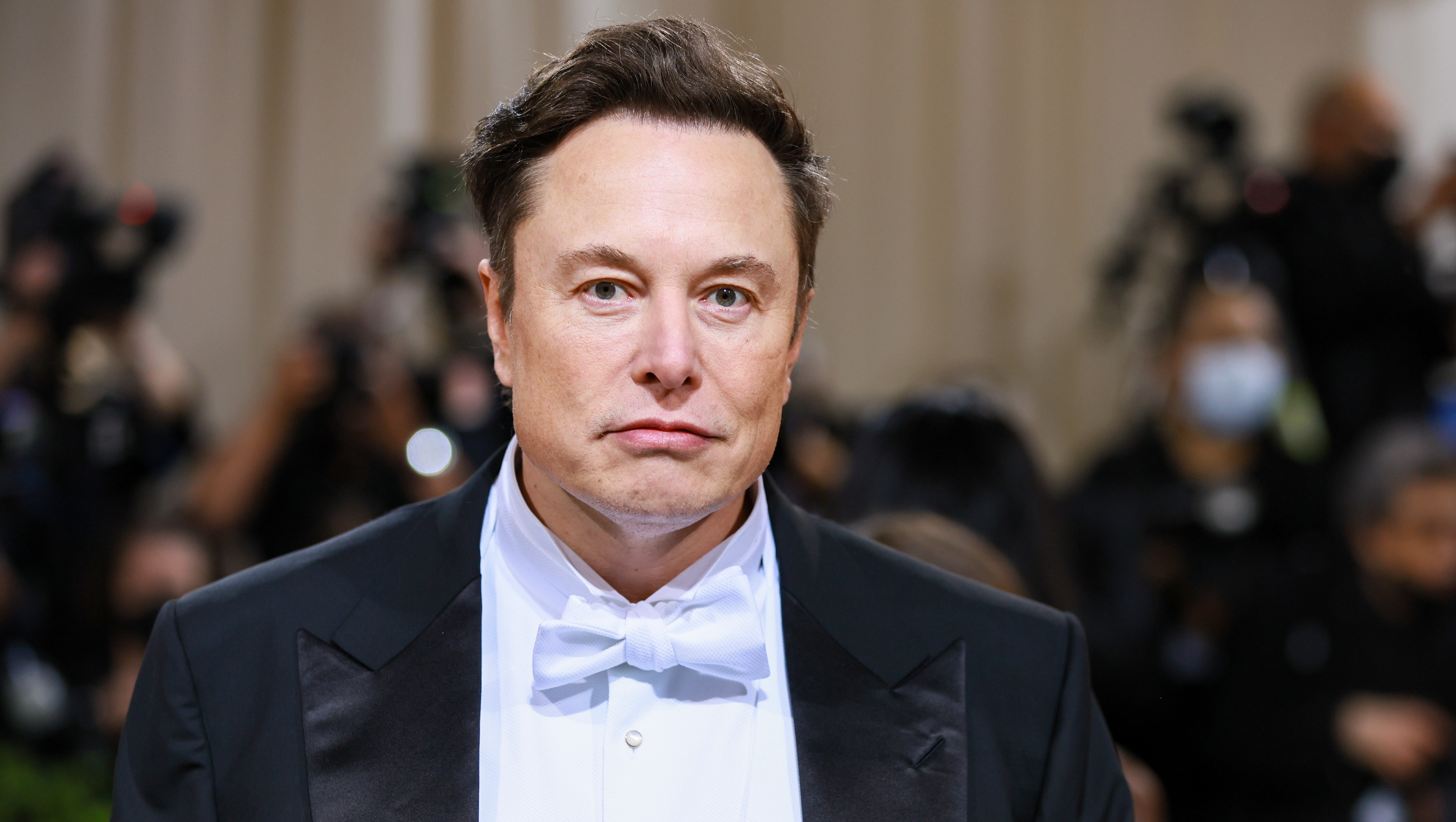Judge knocks back Elon Musk's ridiculous claim in fatal Tesla crash lawsuit: His statements about auto-driving safety could have been deepfaked
"Their position is that because Mr Musk is famous and might be more of a target for deep fakes, his public statements are immune."

A judge in California has ordered that Elon Musk be interviewed under oath about claims he made for the safety and capabilities of Tesla vehicles in 2016. This is all part of a larger lawsuit being brought against Tesla by the family of Walter Huang, who was in a Tesla with partially automated driving software in 2018 when he was killed in a car crash.
The suit brought by Huang's family alleges that Tesla's software failed; for its part, Tesla claims Huang was playing a game on his phone and disregarded vehicle warnings before the crash. Solicitors for the Huang family sought to depose Musk about his 2016 claim that the Tesla Model S and X cars "can drive autonomously with greater safety than a person—right now" (thanks, Reuters).
Musk can be seen saying those words in the below video.
Then came a pretty unbelievable twist that, sadly, may well become a common feature in high profile trials. Tesla's solicitors opposed Musk being deposed, arguing both that he couldn't remember details of the statement, and that the recording may not be authentic:
"[Musk], like many public figures, is the subject of many 'deepfake' videos and audio recordings that purport to show him saying and doing things he never actually said or did."
That is a pretty striking claim, especially about a video posted six years ago from the official Recode conference account (this is where the remarks were made) and with just under four million views over that timespan. We've obviously seen various examples of deepfakes in recent times, but the source material here seems as legit as it gets and frankly I doubt the technology was there in 2016 to produce something like this.
The amazingly named Judge Evette Pennypacker, thankfully, didn't seem to have much time for this. She tentatively ordered a three-hour deposition where Musk will be asked about the statements on the recordings and said the argument made by Tesla's lawyers to throw doubt on the veracity of the material was "deeply troubling".
The biggest gaming news, reviews and hardware deals
Keep up to date with the most important stories and the best deals, as picked by the PC Gamer team.
"Their position is that because Mr Musk is famous and might be more of a target for deep fakes, his public statements are immune," said Pennypacker, before going on to say such arguments amount to high-profile people trying "to avoid taking ownership of what they did actually say and do."
The Huang family's solicitors further allege that Musk finalized the details of a 2016 promotional video which claims "The car is driving itself" and shows features that did not exist at the time. It cites testimony from multiple Tesla engineers on the latter point.
The lawsuit is scheduled to begin on July 31, amidst wider scrutiny over Tesla's Autopilot system. Last week a California state court jury found Tesla's Autopilot feature did not fail, in the first-ever trial related to a crash involving the software. It won't be the last.
As for Musk, obviously lawyers will make any claim they can on behalf of a client, but this does look awfully like a rich and high-profile individual trying to weasel out of claims that were possibly, at the time, a little over-inflated. The fact the judge hasn't allowed him to do so is positive, but it feels like this will become a feature of high-profile trials in the future. One only has to look at something like the recent case between Johnny Depp and Amber Heard to see how the online ecosystem can hit new lows, and as AI technology improves deepfakes will embed themselves into such phenomena. Musk comes across as a bit of a chancer here. But one day someone will make the same claim in another case, and it may well be true.

Rich is a games journalist with 15 years' experience, beginning his career on Edge magazine before working for a wide range of outlets, including Ars Technica, Eurogamer, GamesRadar+, Gamespot, the Guardian, IGN, the New Statesman, Polygon, and Vice. He was the editor of Kotaku UK, the UK arm of Kotaku, for three years before joining PC Gamer. He is the author of a Brief History of Video Games, a full history of the medium, which the Midwest Book Review described as "[a] must-read for serious minded game historians and curious video game connoisseurs alike."

